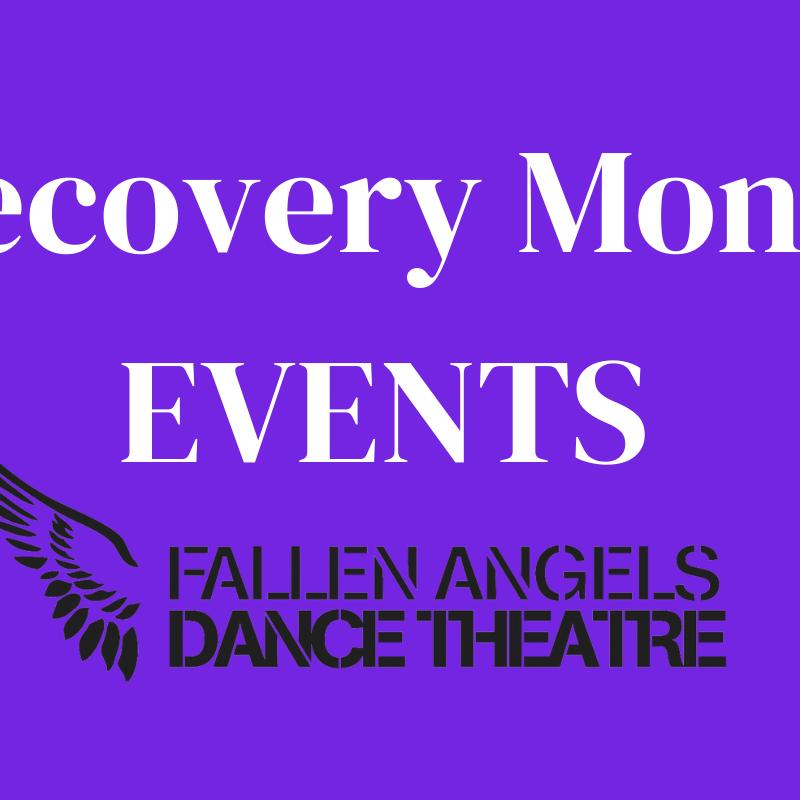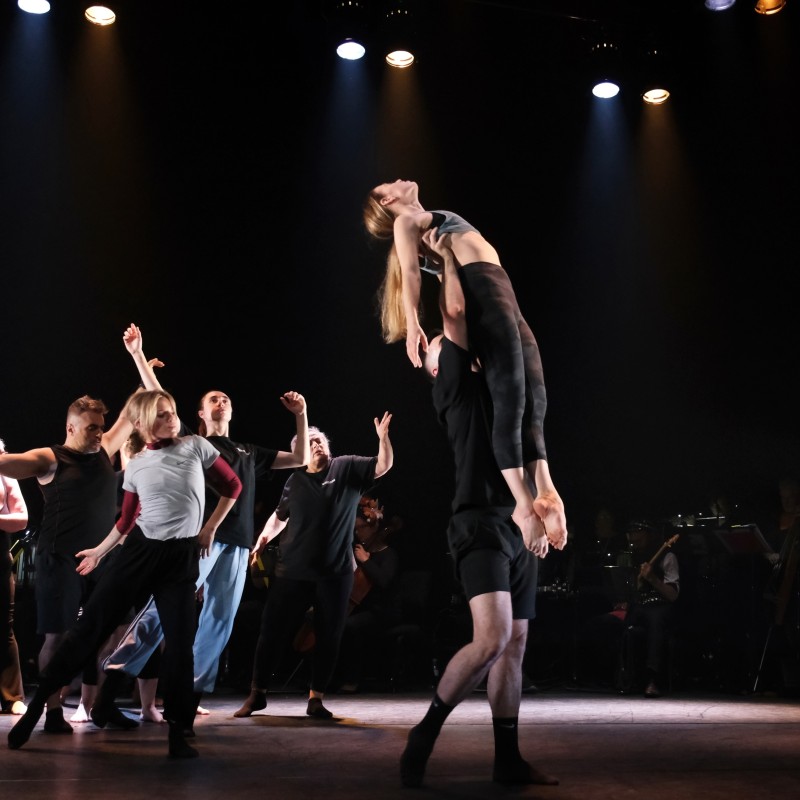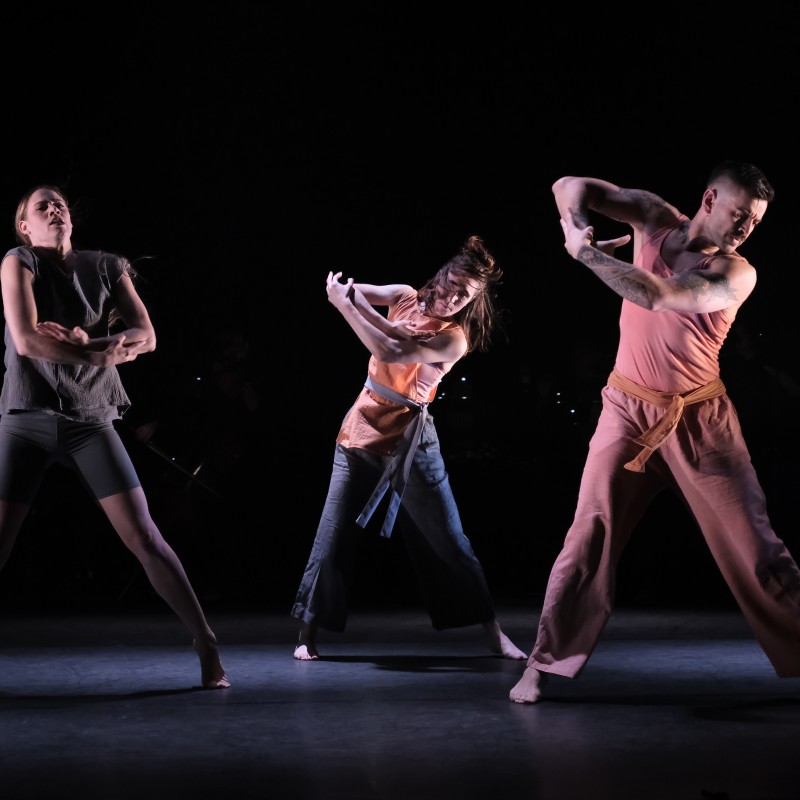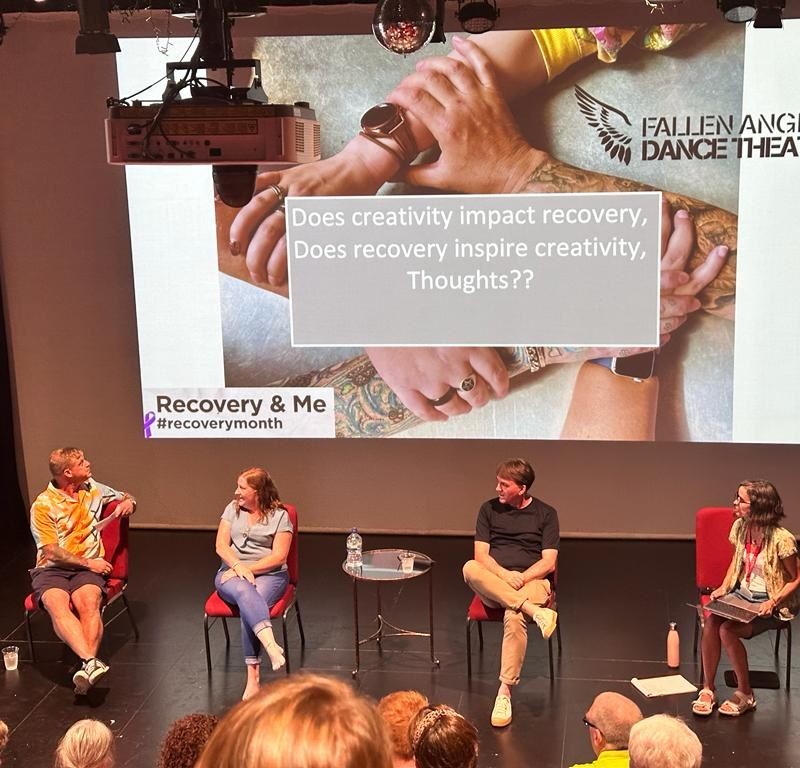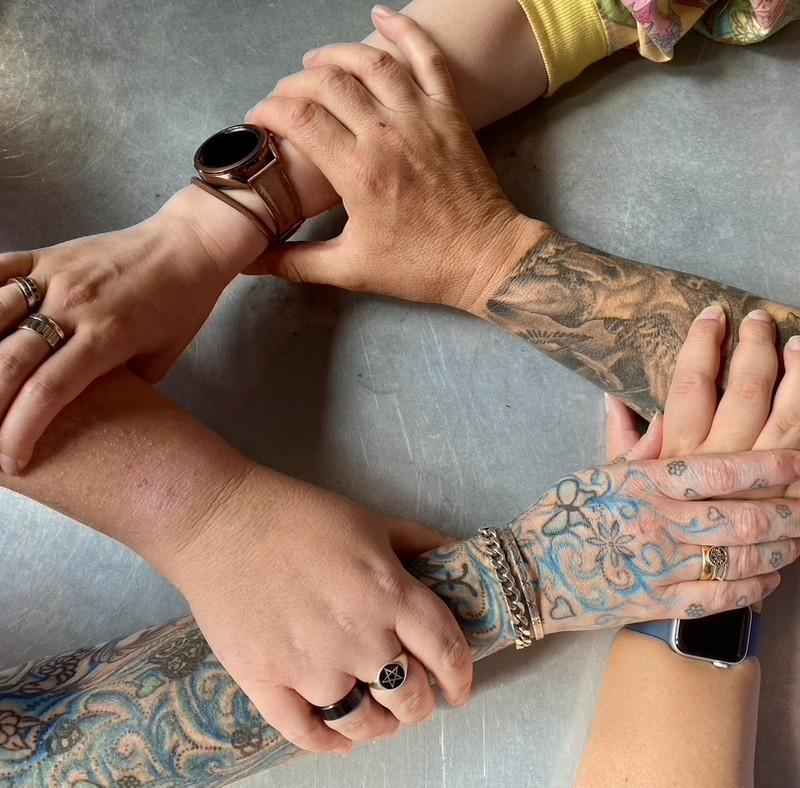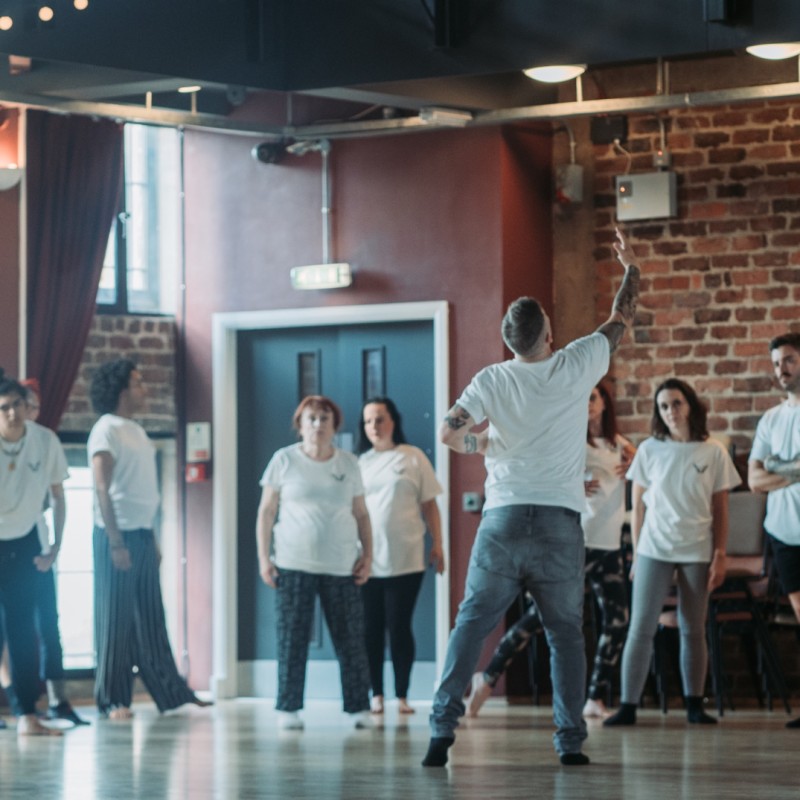Fallen Angels and Stigma
Author: admin
Date: January 10th 2024
At Fallen Angels we have always sought to break down the stigma surrounding addiction. We do this by:
Artistic Productions:
- Performing within our communities and wider society through the high quality dance theatre productions and films, currently exploring how we can use spoken word to enhance this.
- Challenge perceptions through our creativity
- Our artistic content focuses on lived experiences, and shares stories of individuals experiences, feelings, emotions.
- Movement and Dance is our artform, transcending words through movement expression.
- We use marketing and social media to share individuals’ life and dance experiences.
In the community:
- Delivering outreach activity in our local communities with community partners.
- Collaborating with other addiction recovery arts organisations i.e. New Note Orchestra and Outside Edge theatre company.
- Actively promote positive, visible recovery
- We find ways to connect with people in our community to build trust and relationships within mental health, homeless and criminal justice communities in order to actively engage with people who may have experienced substance use disorder.
- We have a progressional pathway, and recovery dancers are selected for their artistic talents.
- We are sensitive to the needs of individuals, we respect any participants wishes to remain anonymous, or not to perform.
How does Fallen Angels approach stigma:
From the very beginning Fallen Angels has experienced and valued the artistic talent of people in recovery from addiction who have engaged with and performed with us.
We put dance making, creating and lived experience at the forefront of our artistic and community activities, through the artistic leadership of Paul Bayes Kitcher whose lived experience encapsulates **
- We provide safe spaces for everyone in our activities to support people to feel safe to create and explore with no judgement.
- Our approach is person centred, inclusive, based on kindness, compassion and understanding.
- We develop marketing materials that focus on the individual and the art.
- We are creating a language guide for use alongside marketing materials.
- In our communities we focus on the 5 ways to well being.
Next steps:
- Seek ways to raise awareness and support others to destigmatise.
- Continue to reflect with our dancers, those new to FADT and audiences, and seek their feedback on our approach, and how we can do things differently.
Photo: Point of View photography
